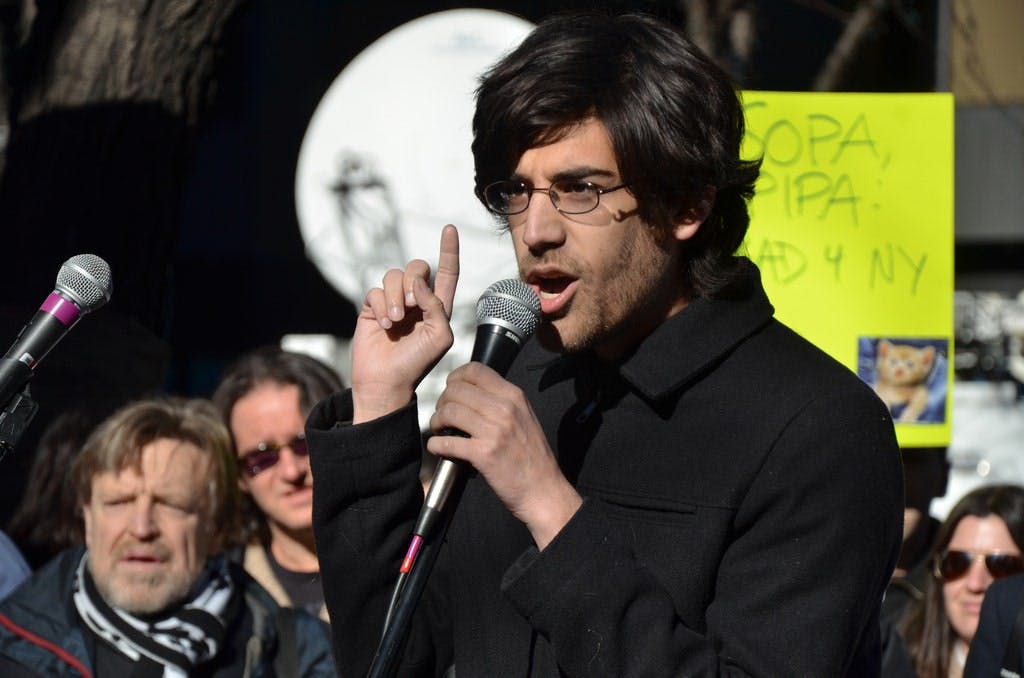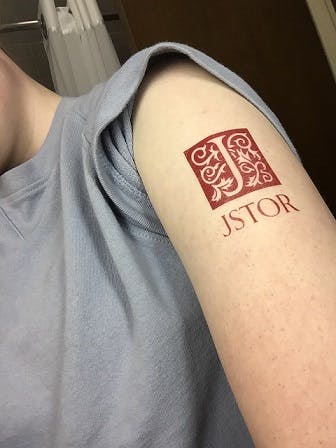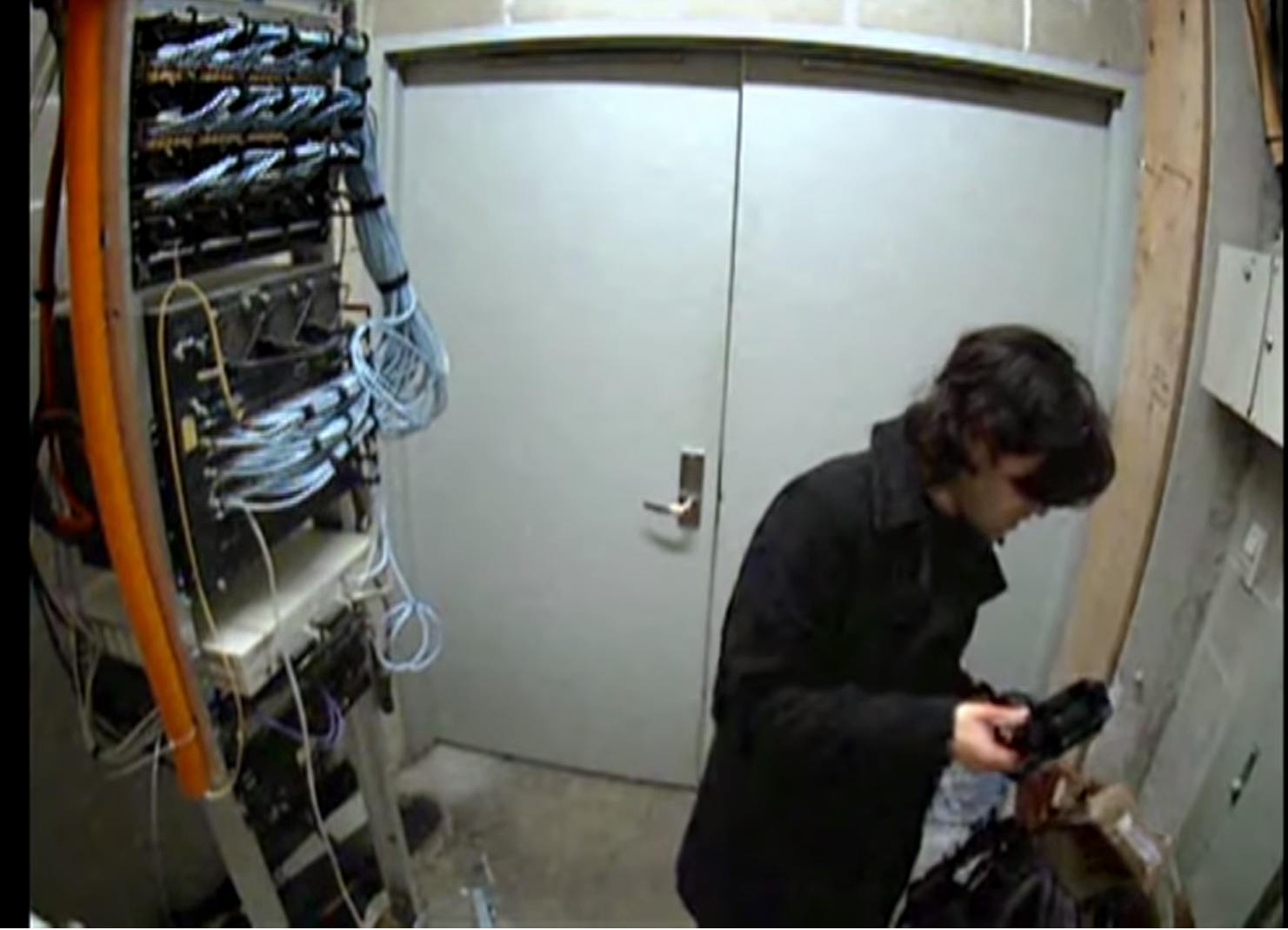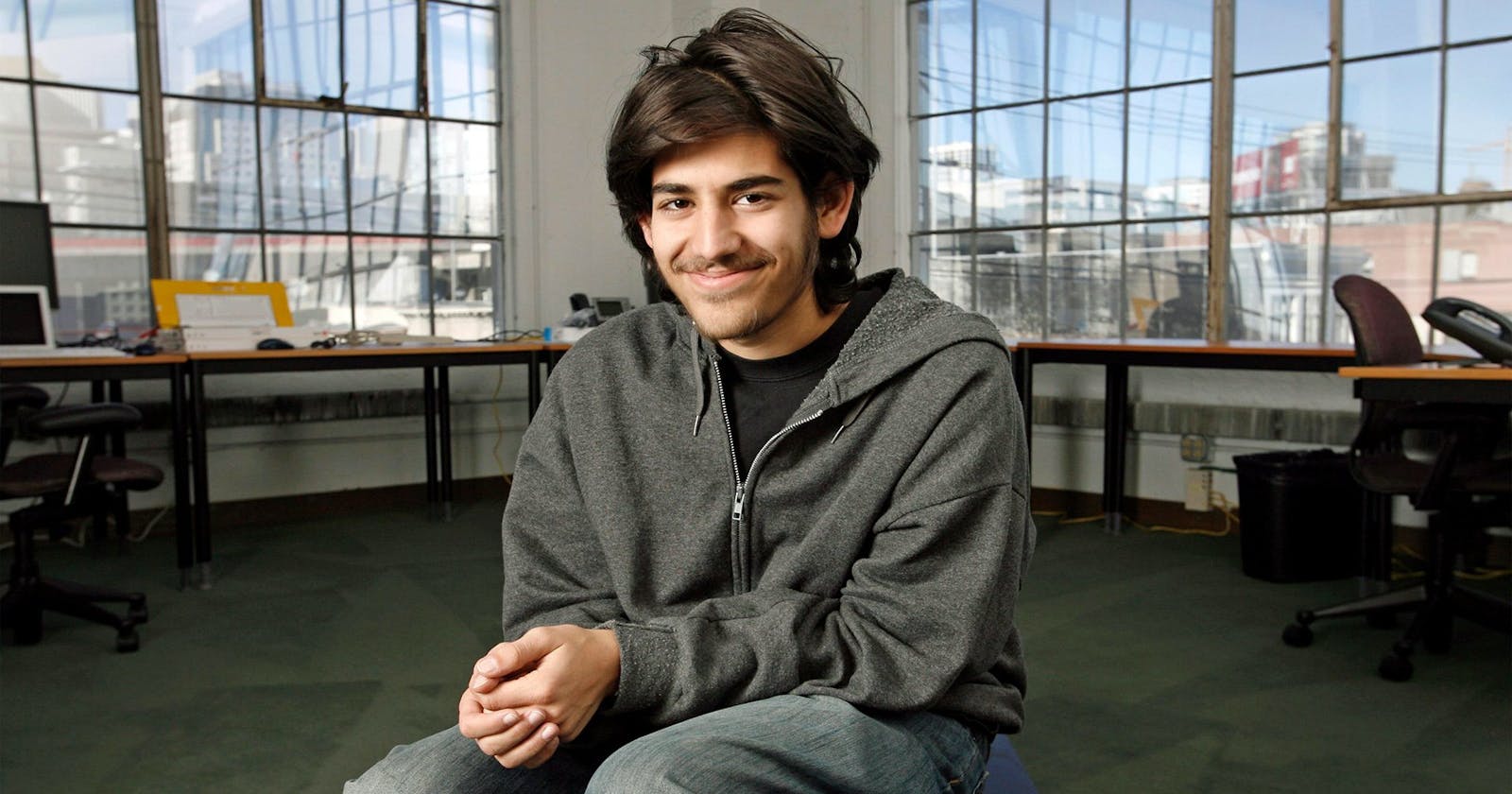I think deeply about things and want others to do likewise. I work for ideas and learn from people. I don't like excluding people. I am a perfectionist but I won't let that get in the way of publication. Except for education and entertainment, I am not going to waste time on things that won't have an impact. I try to be friends with everyone, but I hate it when you don't take me seriously. I don't hold grudges( It's unproductive) but I learn from my experience. I want to make the world a better place. -- Aaron Hillel Swartz
Thanks to Jeff Delaney, I got to know about this LEGEND, Aaron Swartz, who was a Genius.
Jeff Delaney uploaded this video titled The Dark Side of Open Source // What happened to Faker.js?. In the video, he talks about "why Open Source Software can be a bad deal for many independent developers." and what happened to Aaron Swartz. I was so fascinated by Aaron that I spent the next three days reading and searching about him.
🤩Who was Aaron Swartz?? ( A Genius ☠️)
Aaron Swartz was an American computer programmer, writer, political organizer, and Internet hacktivist. He was involved in the development of RSS, Creative Commons, web py, and Reddit. At 26 years of age, he had established himself as a tech whiz-kid and activist devoted to the free and open internet. He had been summoned on federal charges after illegally downloading 4.8 million articles from JSTOR, a database of academic journals. He potentially faced a million-dollar fine and up to 35 years in jail.

⏪⏪ Rewind
Born in Illinois, USA, Aaron learned how to learn at a very young age. He was introduced to computers at the age of three. Aaron saw programming as magic, that you can accomplish things with computers that normal humans can't.
At age 12, he created the website The Info Network. The idea behind The Info Network was that anyone can share their knowledge about any topic on the platform and then others can read/edit it. Sounds a lot like Wikipedia right?? Surprise!! He created The Info Network before Wikipedia existed, that too at the age of 12!!.
At age 14, he started working on the RSS. RSS is a tool to get summaries of things that are going-on other web pages. You might have 10 or 20 blogs from different websites that you want to read. You can use RSS to get summaries of what's going on on these websites and create a unified list. RSS is still used by many websites.
Schools == 🤮🤮
Aaron, like most of us or at least like me, didn't like schools. His mindset was that, why should I go to school and study geometry, when I could just learn it from a book? In an interview for SpunOut.ie, Aaron starts with,
I feel very strongly that it's not enough to just live in the world as it is, to just take what you are given and follow the things that adults told you to do and your parents told and society tells you to do. I think you should be always questioning. I take this very scientific attitude, everything you've learned is just provisional, and it's always open to recantation and refutation or questioning. I realized that all the things around me, that people have told me, were just the natural way things were, the way things always would be. They weren't natural at all, they were things that could be changed, things that more importantly were wrong.
🥸🥸 Let's talk about his college life
 In 2004, Swartz enrolled at Stanford University. After only 1 year of college, he was offered a job at Y-Combinator. At Y Combinator, he started working on a project called Reddit. Yes, you read that right, Aaron was the co-founder of Reddit, along with Steve Huffman and Alexis Ohanian. They later sold it to a magazine company Condé Nast for more than a million dollars.
(At the age of 19 btw;-;)
In 2004, Swartz enrolled at Stanford University. After only 1 year of college, he was offered a job at Y-Combinator. At Y Combinator, he started working on a project called Reddit. Yes, you read that right, Aaron was the co-founder of Reddit, along with Steve Huffman and Alexis Ohanian. They later sold it to a magazine company Condé Nast for more than a million dollars.
(At the age of 19 btw;-;)
###
Aaron believed deeply in keeping the internet open. He built a lot of projects involving access to public information for free. Open Library, one of his projects, is an open, editable library catalog, building toward a web page for every book ever published. His main aim was to bring public access to the public domain. Now, it may sound obvious, that you'd have public access to the public domain but in fact, it's not true. In the documentary The Internet's Boy: The Story of Aaron Swartz, Brewster Kahle, founder and digital librarian of the internet archive quotes
So the public domain should be free to all, but it's often locked up, it's often guard caged. It's like having a national park, but with a moat around it, and gun turrets pointed out, in case somebody might want to come and enjoy the public domain. One of the things Aaron was particularly interested in, was bringing public access to the public domain, and it's one of the things that got him into so much trouble.
PACER (Public Access to Court Electronic Records)
 PACER (which still exists btw) provides electronic public access to federal court records, but the catch is, at a fee of 10 cents for every document you access. These were all public records and a lot of journalists and students and lawyers need access to these documents.
Carl Malamud started a project called, The Pacer recycling project, where people could upload pacer documents they had already paid for, to a free database, so that others could use them.
PACER (which still exists btw) provides electronic public access to federal court records, but the catch is, at a fee of 10 cents for every document you access. These were all public records and a lot of journalists and students and lawyers need access to these documents.
Carl Malamud started a project called, The Pacer recycling project, where people could upload pacer documents they had already paid for, to a free database, so that others could use them.
Aaron and Stephen Schulze developed a program to solve this problem. The program could automatically download pacer documents from the government trial libraries( where these documents were free to download, but you had to go to a physical trial library). With the help of this program, they downloaded 760 GB of pacer documents and uploaded them to The Pacer recycling project.
JSTOR

...by being students at a major US university, I assume that you have access to a wide variety of scholarly journals, pretty much every major university in the united states pays these sorts of licensing fees to organizations like JSTOR, and Thomson ISI, to get access to scholarly journals that the rest of the world can't access. - Aaron
JSTOR, according to Wikipedia, is a digital library. Originally containing digitized back issues of academic journals, it now encompasses books and other primary sources as well as current issues of journals in the humanities and social sciences. These articles are essentialy, the entire wealth of human knowledge. But often, to read them, you have to pay the publishers.
In one of the interviews, Aaron mentioned
The licensing fees are so substantial that people who are studying in India instead of studying in the United States don't have this kind of access. They're locked out from all of these journals. They're locked out from our entire scientific legacy. Every time someone has written down a scientific paper it's been scanned, digitized, and put in these collections. That is a legacy that has been brought to us by the history of people doing exciting work, the history of scientists, it's a legacy that should belong to everyone but instead, it's been locked up and put online by a handful of for-profit corporations who then try and get the maximum profit they can out of it.
Aaron wanted to make these articles available to everyone. He was working on a fellowship at MIT. The JSTOR articles were available for free at MIT open network. Aaron wrote a python script to automatically keep downloading all these articles. Eventually, JSTOR figured this out and cut off MIT from its database access. However, Aaron being the legend, went to the basement of one of the MIT buildings and connected his laptop physically with the server, instead of using wifi. Eventually, he was caught.

Swartz was indicted on multiple felony counts for downloading several million academic articles. Despite Swartz's alleged crime having no discernible victims or personal financial gain, and despite the fact that JSTOR declined to pursue charges after he returned the articles. Ortiz (The US attorney working on this case) issued a press release at the time of his indictment stating: "Stealing is stealing, whether you use a computer command or a crowbar." It seemed like it had been decided that an example should be made out of Aaron.
Swartz hanged himself with his belt in the Brooklyn apartment he shared with his girlfriend and there was no suicide note.
###
I think everyone should know about Aaron. How a guy was murdered (It was a murder of course) whose only intention was to make data available to everyone for free.
I've included bits and pieces of information from different sources in the blog. If you want to know more about Aaron, here are some of the references:
- The Internet's Own Boy: The Story of Aaron Swartz
- Aaron Swartz: hacker, genius… martyr?
- Aaron Swartz (RIP 1986-2013) - We Can Change The World
- THE DARK SIDE OF MIT & AARON SWARTZ
- The Dark Side of Open Source // What really happened to Faker.js?
- Aaron Swartz Excerpts
- Raw Thought, Raw Nerve: Inside the Mind of Aaron Swartz
###
PS: A thumbs up would make me happy :)
